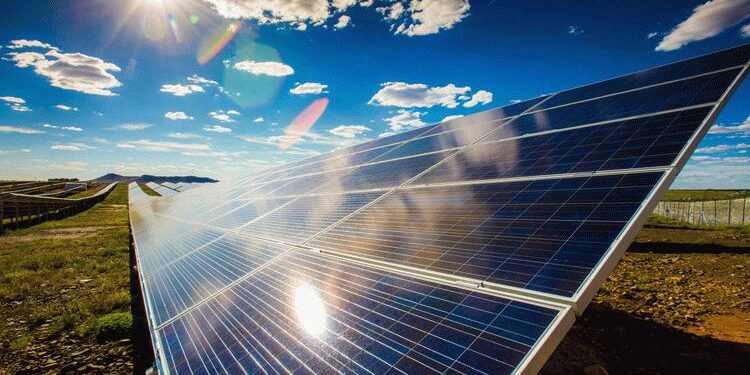With EU4Climate support, a new Program on Energy Saving and Renewable Energy for 2022-2030 for Armenia has been developed and adopted by the Government in March 2022, in line with Armenia’s Energy Sector Development Strategic Program to 2040. The new Program aims to improve energy efficiency in the economic sector in the next ten years, promote energy saving, and increase the use of renewable energy sources to enhance energy security and reduce the negative environmental impacts.
Armenia considers the further development of renewable energy (solar, wind, geothermal) as a vital direction of its energy policy and an essential guarantee for its energy independence and security. The aim is to increase the share of solar energy production to at least 15% by 2030. To achieve this goal, the utilisation of the battery energy storage systems will be essential.
The low carbon development context
The new Program goals and targets are in line with Armenia’s low emissions development vision, namely, ‘the increased use of renewable energy will improve the share of low-carbon energy in electricity generation to meet the domestic demand’ (75% in 2030 compared to 72% in 2019). The Program aims to positively impact the economic growth potential, in particular, to reduce the price pressure of fossil fuels on the economy and employment. The Program aims to positively impact the reduction of the relative import of fossil fuels, except natural gas imported for electricity exports.
Renewable energy sector
The new Program emphasises the possibility of introducing and developing battery energy storage systems in order to improve the safety and reliability of the country’s energy system. The program underlines the necessity of the assessment of wind energy’s development perspectives and feasibility.
Energy efficiency and energy saving
The new Program emphasises three main areas/sectors regarding energy saving and energy efficiency, namely (1) households, (2) transport and (3) public schools. In addition, specific reference is made to industry and agriculture. The energy-saving and energy-efficiency improvement policy will be aimed at increasing the level of ‘electrification’ (replacing gas with electric energy) of the economy (in particular in the residential buildings sector). Such a policy can contribute to scaling up the use of low-carbon energy, thereby reducing the negative impact on the environment.



